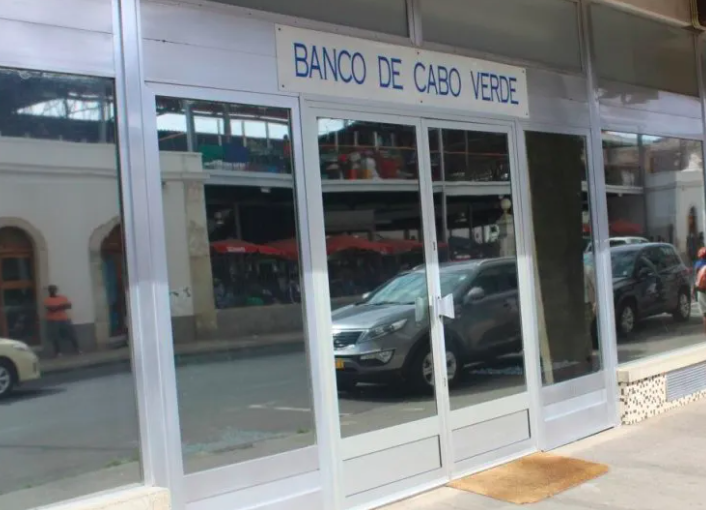Credit to the Cape Verdean economy reached a new high at the end of 2022, exceeding €1.227 billion, an increase of more than 5% in one year, according to official central bank data compiled today by Lusa.
“Credit to the economy increased 5.3% in 2022, presenting, however, a slowdown compared to the 6.1% growth recorded in 2021,” reads the April monetary policy report from the Bank of Cape Verde (BCV).
The document states that net domestic credit granted by Cape Verdean banks increased by 7.4% in 2022 to $168.602 billion, of which $135.050 billion (€1.227 billion) in direct credit to the economy.

“The gradual ‘phasing-out’ [withdrawal] of debt service from credit contracts under the moratorium regime, which was in force until the end of September 2022, and the non-granting of more credit under the Covid-19 credit lines guaranteed by the State since March 2022, explain the moderation recorded in credit to the economy, both to companies and individuals,” the report adds.
“The evolution of net domestic credit resulted from the growth of credit to the economy and net credit to the general government,” the document also refers, adding that in the case of loans granted to the economy, these were “mostly” for the acquisition of equipment, vehicles and land for construction and expansion of activity and treasury needs, in the case of companies, and to finance the construction, acquisition, and remodeling of homes, in the case of individuals.
The BCV also notes in the April report a slowdown “in the pace of growth of loans for financing treasury needs, in the case of companies, and for construction, acquisition, and refurbishment of owner-occupied housing, in the case of individuals” in the year 2022.
“This may be related to the slight tightening of the general terms and conditions in granting these loans.”
“Note that, according to the banks surveyed in the quarterly survey of the Bank of Cape Verde, in general, in 2022, the tightening of terms and conditions of new loans for companies increased due mainly to the increased perception (and low level of tolerance) of risks associated with companies without organized accounting and the less favorable outlook for certain sectors of activity,” notes the central bank.
Commercial banks, says BCV, have also tightened the terms and conditions of new loans to individuals, “particularly for house purchases, given the increased perception of risks associated with the borrower’s credit quality and the high level of default.
On September 30, 2022, with the end of the credit moratorium regime, the credit stock under this regime amounted to more than €98.7 million, representing 8% of the aggregate credit stock to the economy and local governments.
This amount was exclusively from companies – mostly private – mainly from the “Accommodation and catering” sector (49% of the total), “Real estate activities” (21.1%), “Water distribution and sanitation” (16.4%), and “Transportation and storage” (6.7%).
The credit moratorium regime then benefited 177 entities and 269 contracts.
With information from Lusa
News Cape Verde, English news Cape Verde, Cape Verdean economy

